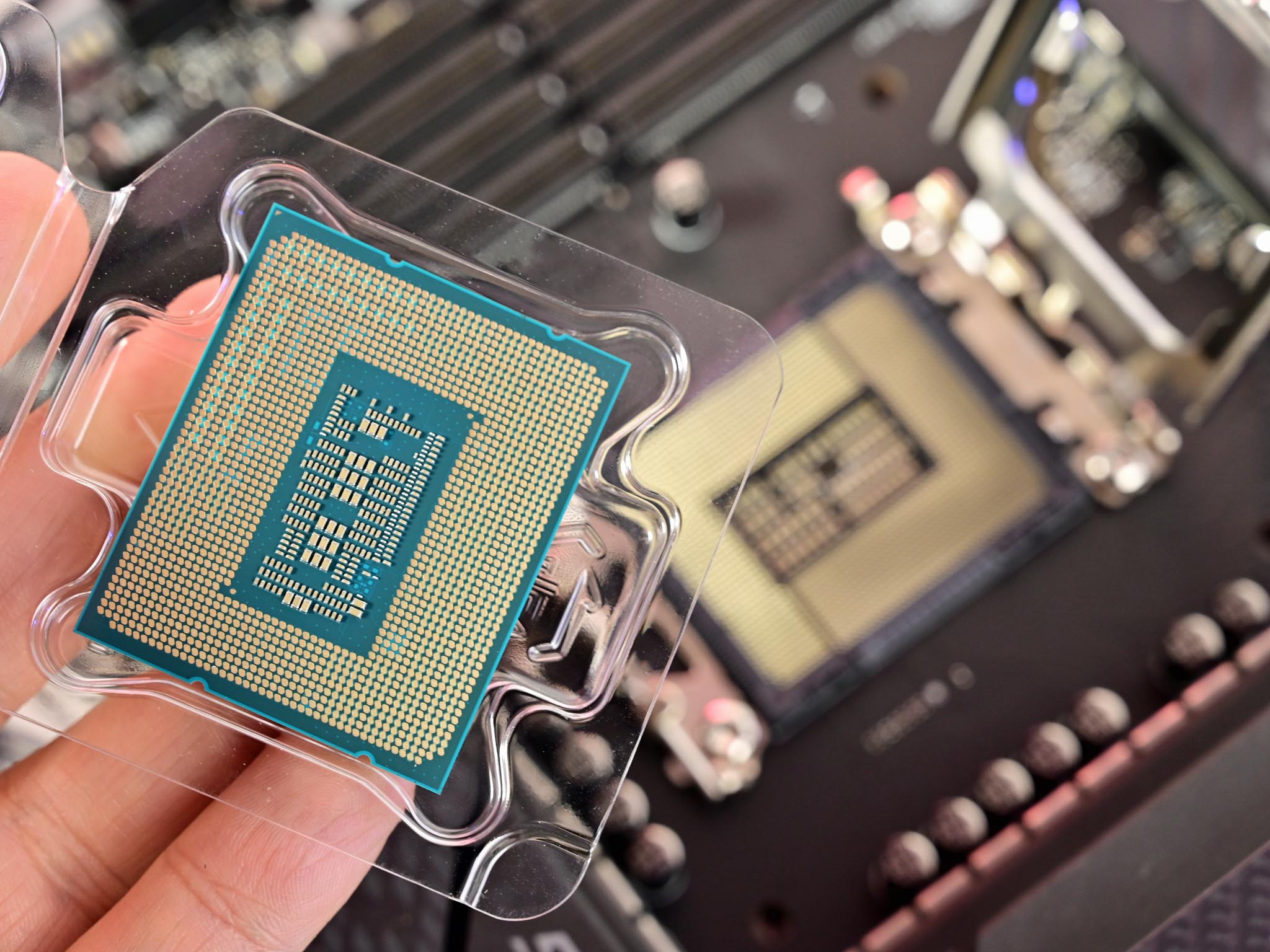New report casts doubt over chip industry's ability to keep up with demand
Not-so-great news in the semiconductor industry strikes... again.

All the latest news, reviews, and guides for Windows and Xbox diehards.
You are now subscribed
Your newsletter sign-up was successful
What you need to know
- The worldwide semiconductor shortage has been hurting tech companies for roughly two years.
- The big semiconductor industry players, including TSMC and Samsung, have been racing to expand operations in order to keep up with astronomical demand.
- A new report indicates said expansion plans are not going as smoothly as intended.
Supply chains are complex things, with every company seemingly being dependent on other companies in an unending chain of reliance, all to make a functional overall operation that gets consumers the tech they crave. For a while, much of the blame for shortages was being pinned on chipmakers such as Texas Instruments (yes, the calculator maker), but now the blame game goes deeper. Detailed in a new report, it's allegedly the companies making the chipmaking machinery components for the chipmakers that are holding up operations.
As reported by Nikkei Asia, "leading chip tool makers — including Applied Materials, KLA, Lam Research and ASML — are warning clients they will have to wait up to 18 months for some crucial machines." It's said that a wide variety of parts essential to the making of chipmaking machines are in short supply, including valves, lenses, and electronic modules. It's turtles all the way down.
Delivery times for said components have gotten worse and worse since 2020. In 2019, the estimated delivery dates for such supplies were three to four months. That ballooned to 10 to 12 months in 2021, and now, up to 18 months as all the big players gobble up parts to expand their operations. These delays are being labeled the "worst in decades." Certain testing equipment parts are seeing up to 30-month delivery time outlooks.
Industry experts have been saying for a while that consumer tech, including the best graphics cards, should see supply headaches simmer down toward the end of 2022. But if the aforementioned report's delays are indicative of anything, it's that nothing is certain in the current semiconductor landscape.
All the latest news, reviews, and guides for Windows and Xbox diehards.

Robert Carnevale was formerly a News Editor for Windows Central. He's a big fan of Kinect (it lives on in his heart), Sonic the Hedgehog, and the legendary intersection of those two titans, Sonic Free Riders. He is the author of Cold War 2395.
